- Franca Nneka Alaribe and Keolebogile Shirley Motaung
- Read Time: 6 mins
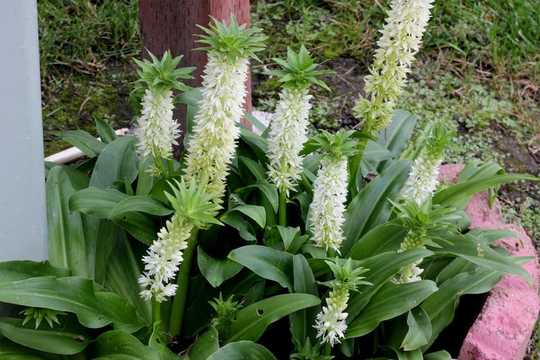
There’s been a rise in recent years of biomedical engineering techniques that can restore lost tissue and bone.

There’s been a rise in recent years of biomedical engineering techniques that can restore lost tissue and bone.
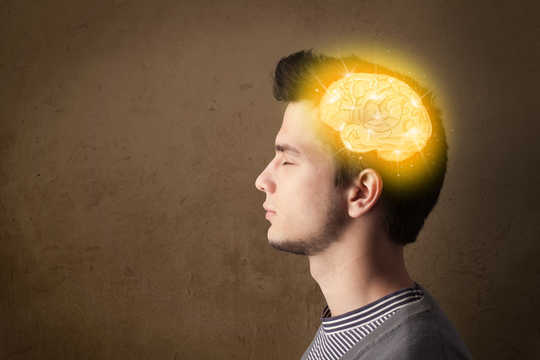
Taking nonprescribed psychostimulants may slightly improve a person’s short-term focus but impede sleep and mental functions that rely on it—such as working memory.
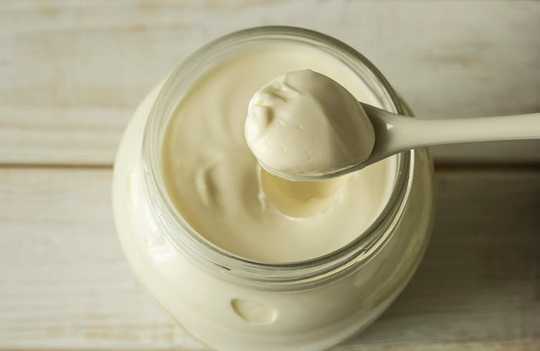
Food additives do a lot of good: they prolong shelf life, improve taste and texture, and add colour to otherwise unappealing products.
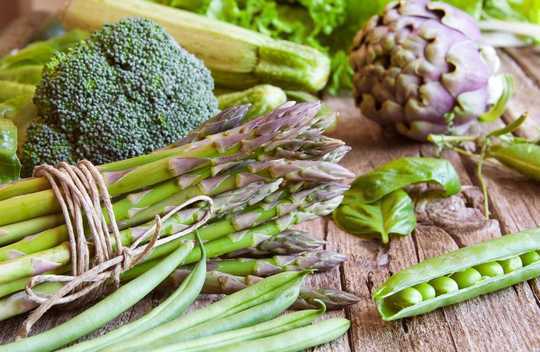
Pregnant women exposed to higher levels of air pollutants had children with lower IQs, compared to the children of women exposed to lower levels, a new study reports.
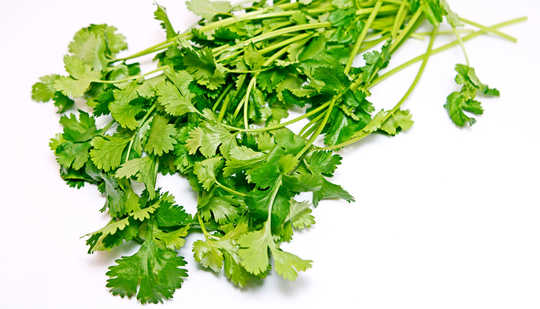
New research uncovers the molecular action that enables cilantro to effectively delay certain seizures common in epilepsy and other diseases.
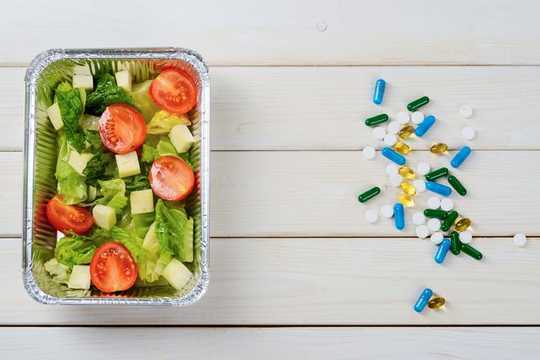
In Australia’s most recent nutrition survey, 29% of people reported having taken at least one dietary supplement. This proportion was even higher in the United States at 52%.
Michael Pollan explains what goes on during the mental fireworks of a psychedelic experience.

Microdosing psychedelics is a growing trend that involves ingesting very small sub-hallucinogenic amounts of substances like LSD or dried psilocybin-containing mushrooms.
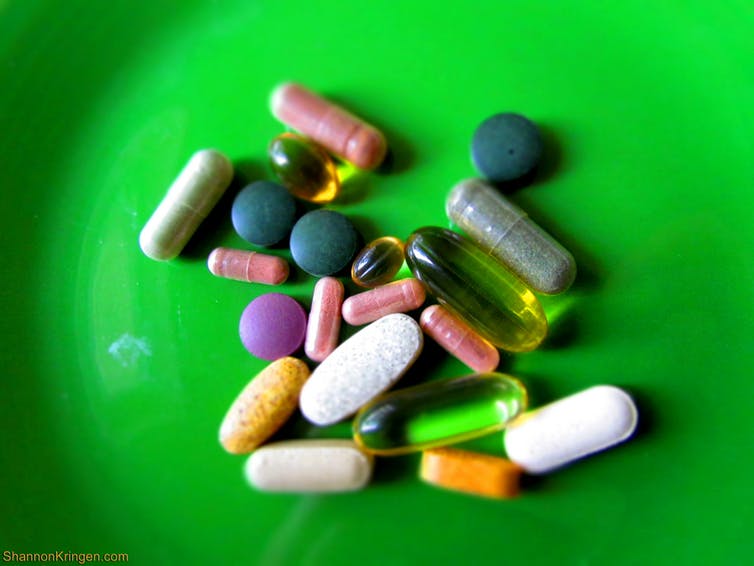
People take vitamin supplements for all kinds of reasons, from maintaining general health to preventing cancer. But there’s no convincing evidence that vitamin supplementation benefits people who don’t actually have a vitamin deficiency.
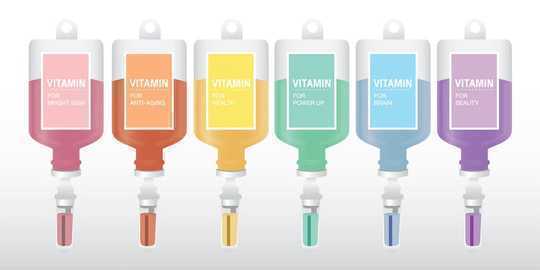
Want to boost your immune system, reduce your physical signs of ageing, or cleanse your blood to get rid of toxins?
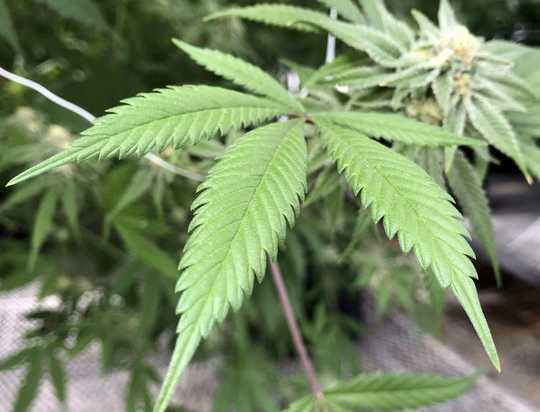
Hyperbole can be rampant in health news, particularly with respect to cannabis. One recent headline declared: “CBD is effective in treating heroin addiction.” Another proclaimed: “New study finds CBD could curb heroin addiction.” These stories were referring to a recent study in the American Journal of Psychiatry that found a short-term course of cannabidiol (CBD) reduced cue-induced cravings and anxiety..
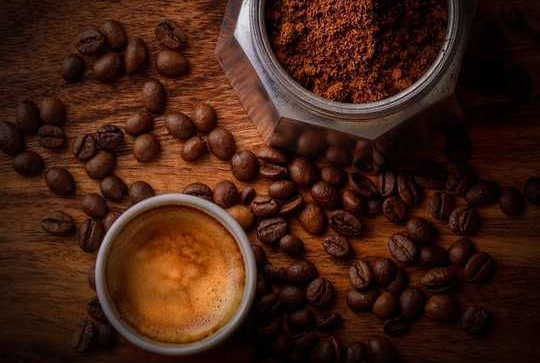 Researchers from the University of Nottingham in the UK recently published a study in the journal Scientific Reports suggesting caffeine increases brown fat. This caught people’s attention because brown fat activity burns energy, which may help with weight loss. Headlines claimed drinking coffee can help you lose weight, and that coffee is possibly even the “secret to fighting obesity”.
Researchers from the University of Nottingham in the UK recently published a study in the journal Scientific Reports suggesting caffeine increases brown fat. This caught people’s attention because brown fat activity burns energy, which may help with weight loss. Headlines claimed drinking coffee can help you lose weight, and that coffee is possibly even the “secret to fighting obesity”.
Why did government officials stop psychedelics from reaching mainstream culture?

The legalization of marijuana has been a topic of contention and confusion for both sides of the debate.
 For most infections, the long-standing advice is to take a full course of antibiotics.
For most infections, the long-standing advice is to take a full course of antibiotics.

Americans and others around the world have turned increasingly to dietary supplements in order to maintain or preserve their brain health.

Many people seek complementary treatments for various ailments. Perhaps herbal remedies to cure a cold, or acupuncture to ease lower back pain.

According to the World Health Organisation, iron deficiency – a condition where your body doesn’t have enough of the mineral iron – is a global public health problem of “epidemic proportions”.

A synthetic, non-intoxicating analogue of cannabidiol can effectively treat seizures, according to new research with rats.
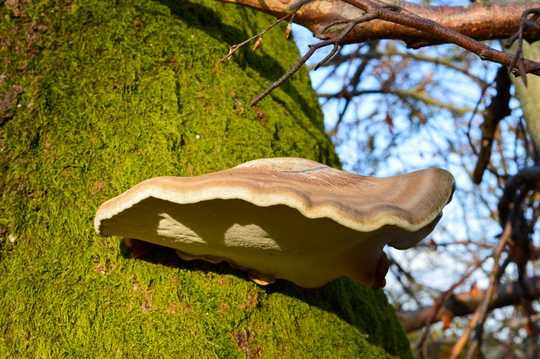
If you’ve ever stopped to admire a birch tree, you may unknowingly have something in common with a 5,300-year-old mummy called Ötzi.
Page 5 of 9

